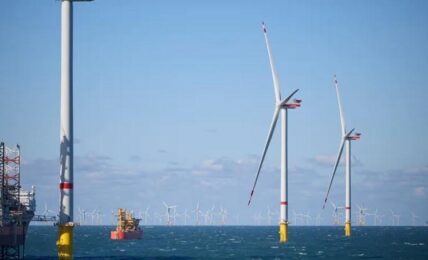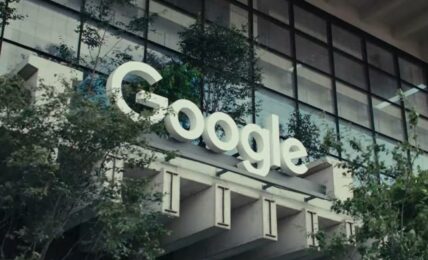Southwest Airlines announced a new supply agreement for up to 25 million gallons of sustainable aviation fuel (SAF) for use at Chicago Midway International Airport (MDW) with Valero Energy Corporation subsidiary Valero Marketing and Supply Company. The deal marks Illinois’ largest announced SAF supply agreement to date.
The agreement follows the release last year by Southwest of its updated sustainability strategy, “Nonstop to Net Zero.” Southwest’s climate goals include achieving net zero emissions by 2050, and reducing emissions intensity by 25% by 2030 and 50% by 2035. The strategy also includes a target to replace 10% of its total jet fuel consumption with SAF by 2030.
Under the new agreement, Southwest will purchase at least of 3.6 million gallons of neat SAF (about 12 million gallons blended) for use in its operations as early as Q4 2024, with an option to purchase up to 25 million gallons of neat SAF (about 84 million gallons blended). According to Southwest, this would represent up to 35% of the airline’s jet fuel out of MDW, based on the carrier’s usage in the last year.
The neat SAF for the new agreement will be supplied by Valero and Darling Ingredients joint venture Diamond Green Diesel, which produces renewable fuels from recycled animal fats, used cooking oil and inedible corn oil, blended with Valero’s conventional jet fuel and delivered via existing fuel delivery infrastructure. According to Southwest, lifecycle greenhouse gas emissions reduction from the neat SAF ranges from 74% to 84% compared to conventional jet fuel.
Southwest said that the agreement was made possible by the Illinois Sustainable Aviation Fuel Purchase Credit and support from customers in the airline’s Scope 3 SAF Program.
Michael AuBuchon, Managing Director of Fuel Strategy and Management at Southwest Airlines, said:
“Today’s announcement marks a milestone in our efforts to utilize more SAF in our operation. We’re grateful to the state of Illinois for making the Sustainable Aviation Fuel Purchase Credit available to airlines serving Illinois, and we thank our incredible Corporate Customers for supporting our use of SAF, which is a great example of public-private collaboration that we anticipate will help scale SAF and meet our long-term sustainability goals.”



